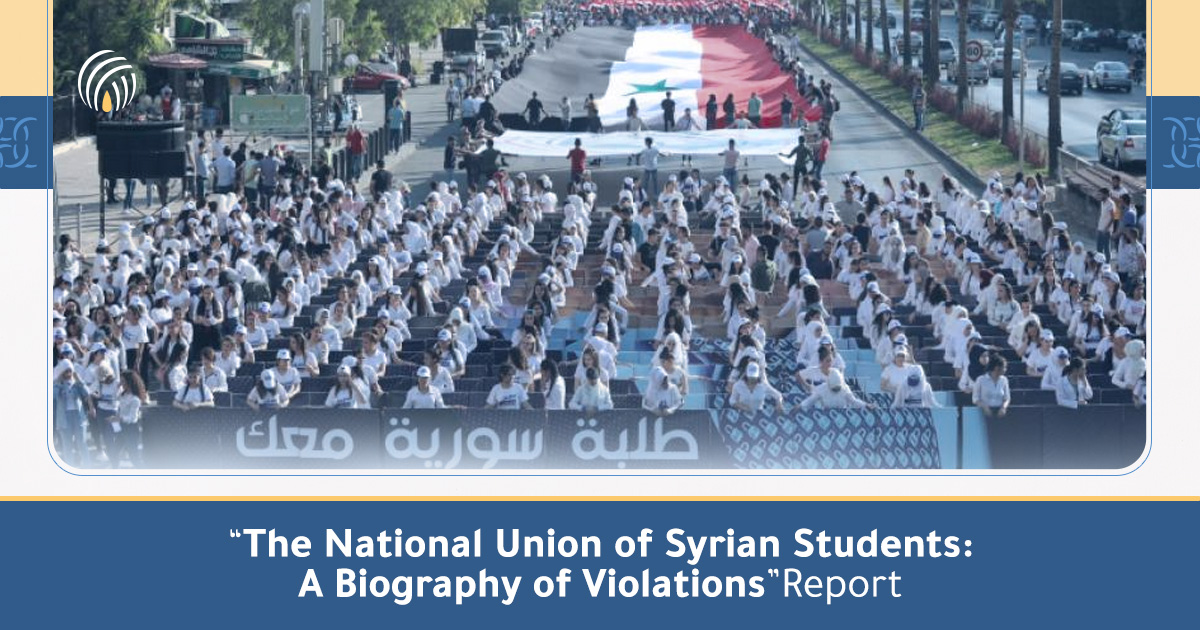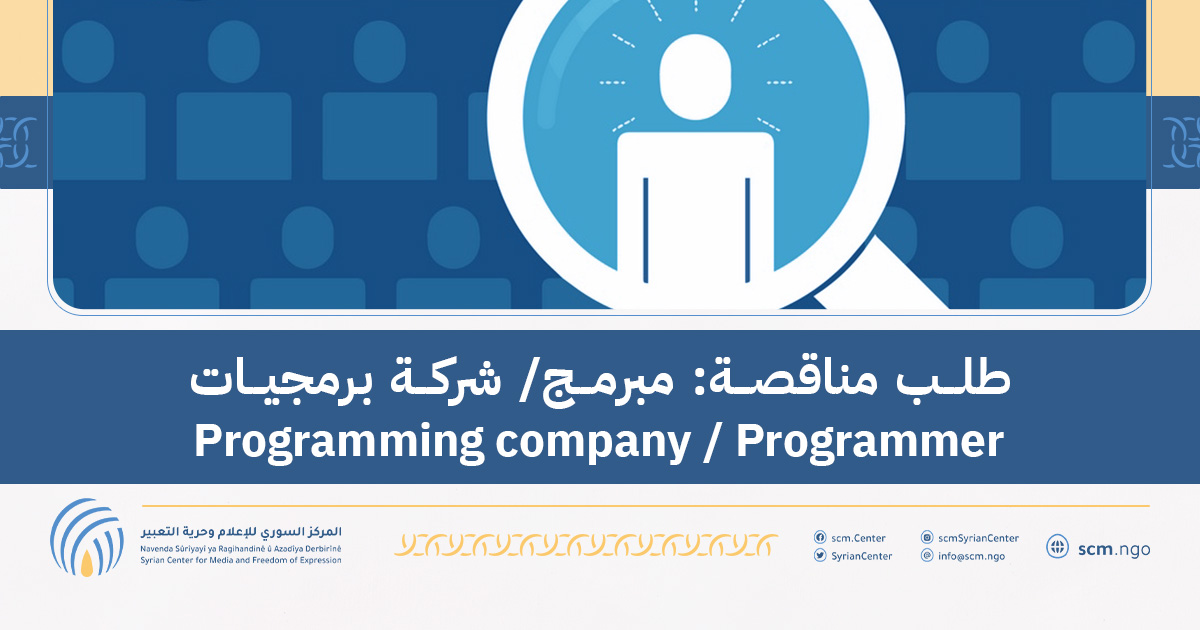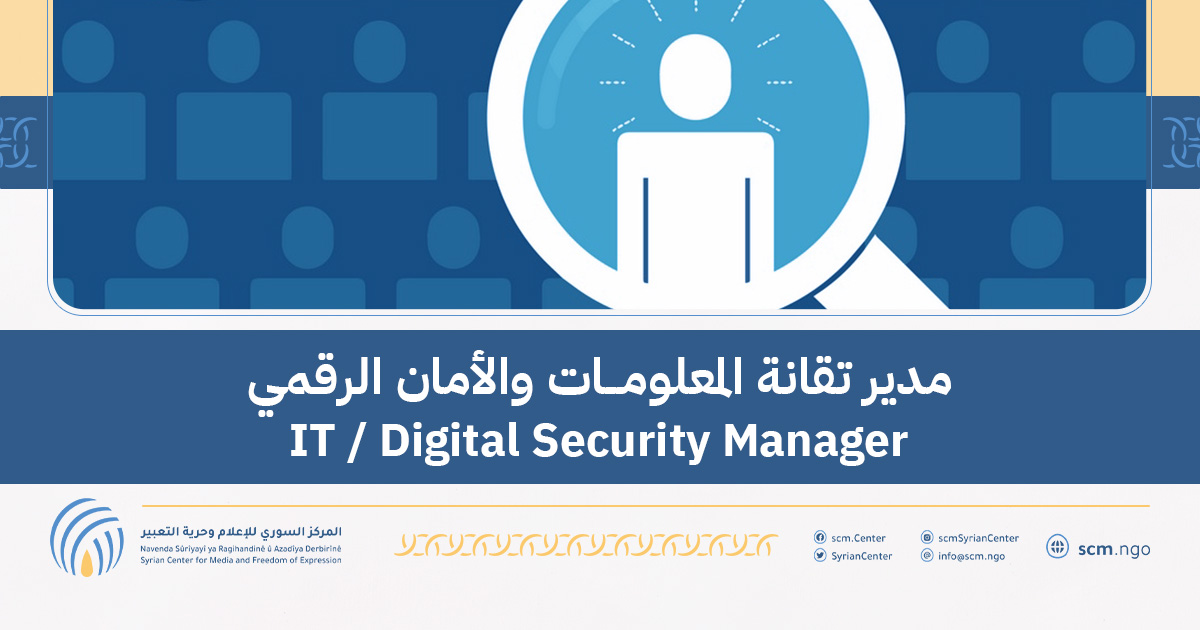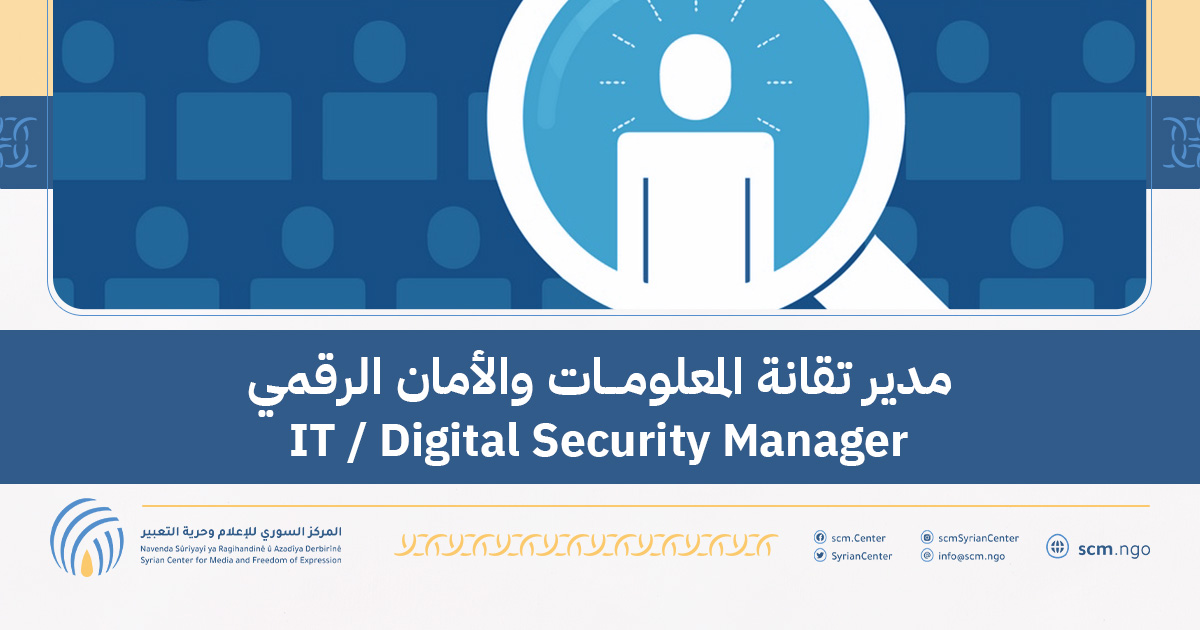The ruling regime in Syria worked on framing society and dividing it into regimes loyal to or directly affiliated with it. Popular organizations were established to break up national ties, suppress the vitality of society, and oppose any social entity parallel to or alternative to state/authorities’ institutions. The ruling Arab Socialist Baath Party was the only actor to whom the affairs of the state and society were delegated, through auxiliary organizations to the party, some of which Syrian students belonged to automatically or semi-automatically, once they entered educational institutions, such as the Vanguards of the Baath Organization in the elementary schools, and the Revolutionary Youth Union in preparatory and secondary school. As well as the National Union of Syrian Students-NUSS in Higher Education. NUSS functions as an arm of the executive authority in universities and a tool for tightening control over students and teachers, popularizing Baathist ideology and consolidating the security power that escalated in the eighties and nineties of the last century. Universities lost their previous scientific and social roles.
In addition to the role of NUSS in militarizing universities, and the human rights violations mentioned in this report, NUSS played an offensive role in the independence and level of higher education, and the activity of intellectuals and academics in society. The NUSS security function, its organic relationship with the authorities, and being the only obligatory path of organization and assembly in universities transformed the student movement in Syria into a movement affiliated with the authority. The student movement was blocked form developing into a positive movement outside the university walls. The normalization of relations of declared or hidden violence within its walls, the disruption of the means of expression and dialogue, and the lack of consideration for the values of equality, human dignity and free will, have weakened the vitality of society as a whole and the ability of Syrians today to produce a social contract or a common perception among its various components throughout a decade since the outbreak of the revolution. This was mainly a result of the absence of a cultural and social reality occupied by elites, education, respect for the spirit of law and tolerance, the values that were absent from political action and its sources, especially universities.
NUSS also played its role in social exclusion and ideologizing students within the framework of the Baath ideology in the educational curricula to devote the “cult of the leader” and the leader’s political, social and cultural views, as the theoretical compass that everyone should follow. This trapped Syrians in a state of almost complete disconnection from the cultures of the outside world and the waves of democracy. Free thinking and criticism were absent from the educational process, in favor of indoctrination, single vision, suppression of the critical mind, and the dedication of nationalist propaganda and exclusionary and ideological discourse. As a result, generations were deprived of quality education, and the development and perpetuation of narrow-mindedness and intolerance was the alternative, while the world continued its progress on the paths of openness and globalization.
With the start of the uprising, security presence was heavy, and networks of informants were widespread. NUSS contributed in recruiting informants to collect information and report their colleagues to the authorities in order to supress, monitor, and expel them from their universities. However, students engaged in peaceful protests in public and private universities and were subjected to repression, raids, live shootings, and killing. Some of the universities were turned into military barracks after hundreds of students were expelled from university dormitories, which were used as centers for launching rockets and missiles at neighborhoods opposed to the government. As in Al-Baath University in Homs, from which rockets were fired at Baba Amr neighborhood near the area, while NUSS turned into a security apparatus partner to other security agencies in suppressing demonstrations, in addition to spying on students and educational entities, while its branches abroad monitor the movements and activities of Syrian students there, censoring them or prosecuting them upon their return to the country. With the escalation of protests and spread in universities, especially in the University of Aleppo, NUSS turned into an armed militia whose members were involved independently or through the Baath Party Brigades in grave human rights violations with physical attacks in the demonstrators. Thousands of students were prosecuted and arrested, a large number of whom were subjected to torture to death, enforced disappearance, forms of violence and ill-treatment, and a group of wide-ranging violations that we will discuss successively in the chapters of this report.




